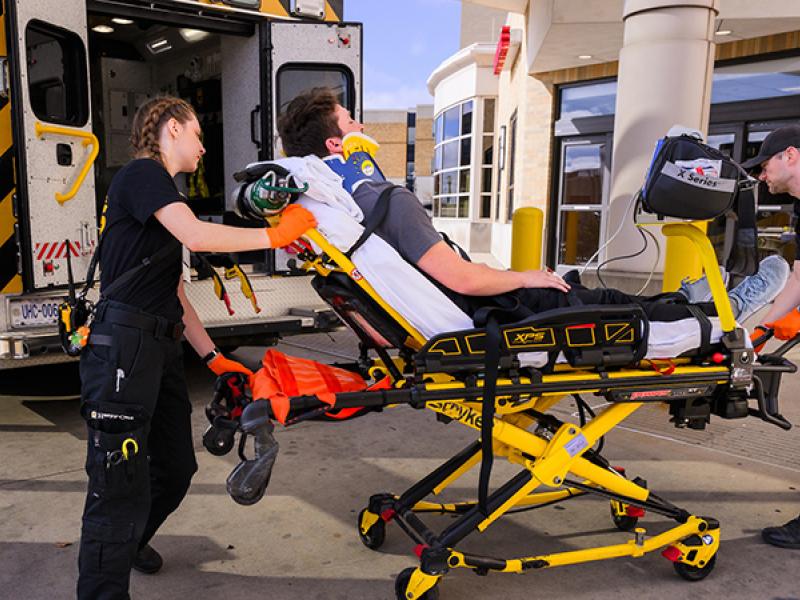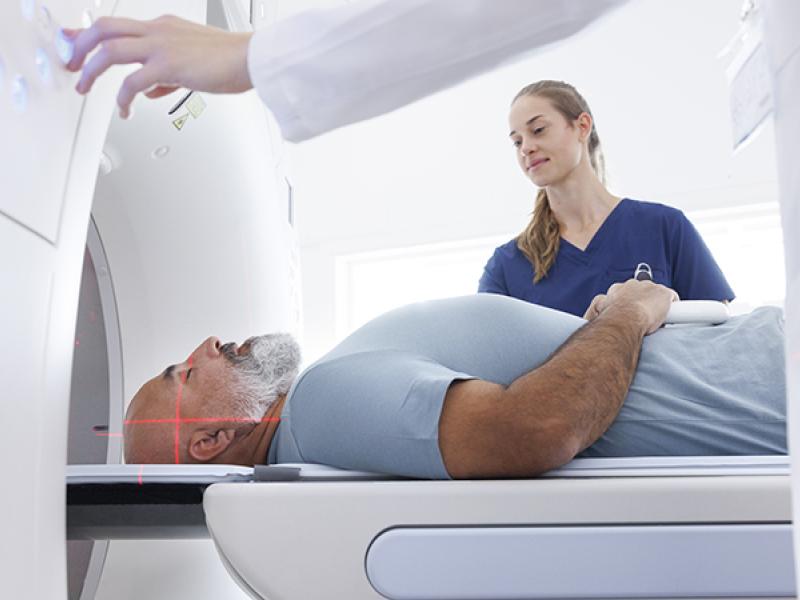(2/25/26) NIH grant will investigate cause of a body malformation called hypospadias. Hypospadias is the second most common birth defect in males – affecting about
...
(2/18/26) Highly pathogenic avian influenza (HPAI), commonly known as bird flu, is a widespread and highly contagious virus in birds that can spread to other
...
(2/17/26) The clinical trial marks the latest human trial at Mizzou involving radioisotopes to treat
...
(2/11/26) A University of Missouri researcher has unveiled a safer, smarter way to fight drug-resistant
...
(2/11/26) Mizzou researchers may have uncovered a link between high blood pressure and an overactive
...

Awards and Honors
Megan Johnson, MD, receives APGO Humanism in Teaching Award
(2/6/26) Megan Johnson, MD, associate professor of Obstetrics, Gynecology and Women’s Health at the University
...
(2/5/26) The University of Missouri School of Medicine’s Department of Emergency Medicine has been awarded
...
(1/28/26) Cardiovascular disease continues to be the leading cause of death worldwide. To save lives
...








